Page 10 • (113 results in 0.046 seconds)
-

purpose to be there for them.” Reyes believes her tattoos can serve as a connection point with teens — to help spark dialogue and show them she too has a scarred past. “You know how a bird will ruffle its feathers a little bit to be a little intimidating? My tattoos are like that,” she said. “I don’t think I’m intimidating, but it shows I’m not some fragile little thing. All my tattoos pay tribute to my life journey and self-reflection.” Read Previous Students share why they love studying music at PLU
-
emphasizes, above all, listening and dialogue. – Carmiña Palerm Carmiña Palerm’s is an assistant professor of Spanish at PLU. PART TWO Pacific Lutheran University encourages its students to become global citizens, priding itself on offering a global education with programs on all seven continents. In its most honorable presentation, this international perspective inspires students to think beyond themselves as Americans, to look at how the American way of life impacts other cultures and countries. In its
-
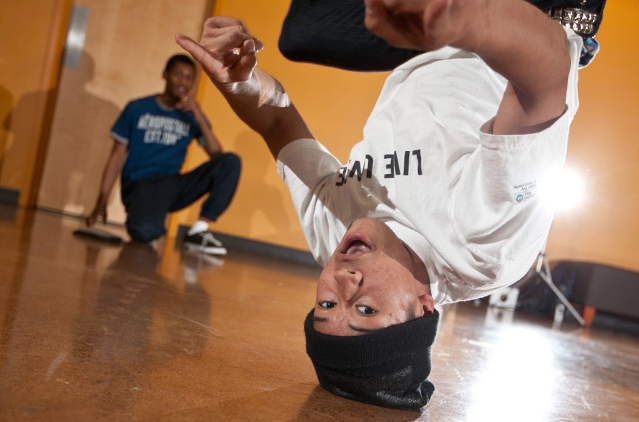
PLU’s office of Campus Ministry. After a bunch of discussions, Alazadi and others around campus of various faiths created the Reflection Room, a place for students of all faiths – or those with no professed faith – to reflect and think. Brenda Ihssen, visiting assistant professor of religious history and historical theology, added that these clubs are evidence “that there is an open dialogue between the academic study of religion and the interest–and investment–that individuals have in their faith
-
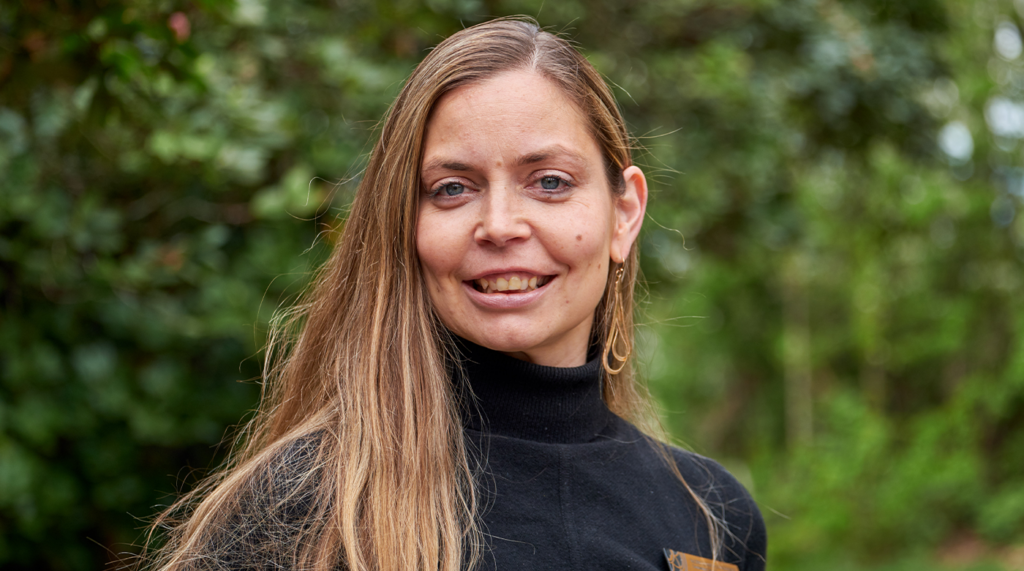
to explore their potential, and connect classroom learning with real-life application, complex dialogue, and meaning-making. Providing leadership opportunities where students explore potential, are given the tools to try, sometimes fail and learn it’s okay to fall, then to get back up again. And sometimes succeed, and learn new passions and ways they are capable and competent, and can build a bridge to the future they imagine, or newly imagine. And by connecting students to each other, affinity
-
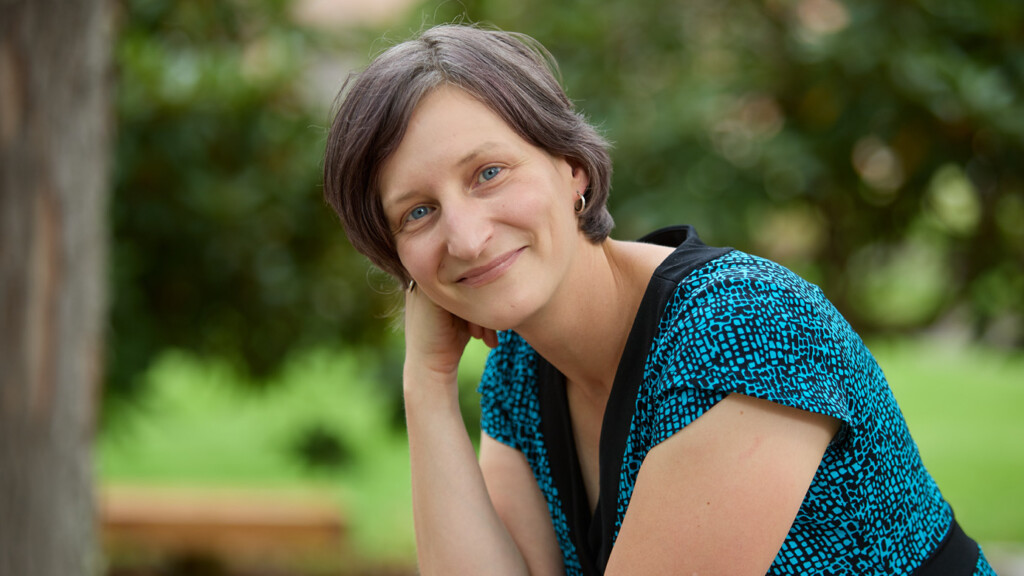
Muslim, and a Jew in interfaith dialogue, because that’s not usually who we have engaging with Campus Ministry. Often students are connecting with us and saying things like I don’t know, but I’m curious; I find the sacred in nature; or I feel connected to something bigger than me, but I don’t know how to think about that. So they’re not affiliated with a specific religion, but it’s not as though they aren’t religious or spiritual. It’s my understanding that many of our students who are religious stay
-
inquiry and leadership,” languages taught at the university also needed to enable students and scholars to engage in an ongoing critical examination of, and dialogue with, the original texts from the past that have shaped and influenced our –and others’– present. Without this, the university only produces what Luther called “unlettered preachers of the faith”: well-intentioned and well-versed purveyors of ideas that they have accepted but have no means to investigate or to transcend. Luther’s insight
-
constitute and make pragmatically meaningful either professional or liberal arts education. In the remaining paragraphs, I would like to offer a few initial reflections as kindling for the dialogue that I believe to be vital to the integrity of our institution and to our identity. These bits of wood will undoubtedly reveal their sources, which is deeply rooted in the humanities.My hunch is that understanding the foundations of liberal arts and professional orientations in the classroom calls us to
-

her for her time and leave her office. A CNN anchor on the TV says results are “unpredictable even now. There’s no knowing what’s going to happen tonight, even at this moment.” I suddenly know how to write about a Trump win, about the need for accurate, humane reporting. Knowledge and truth will perhaps no longer sound old fashioned, at least for me. It’s a silent ride back. Read Previous PLU professor participates in Think & Drink event that engages community in tough dialogue about racial
-
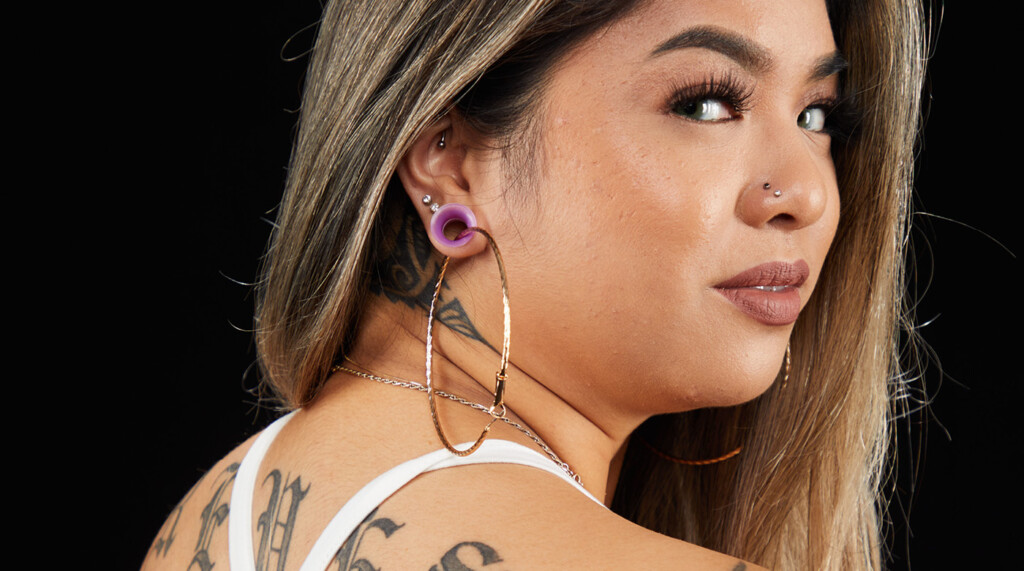
dialogue and show them she too has a scarred past. “You know how a bird will ruffle its feathers a little bit to be a little intimidating? My tattoos are like that,” she said. “I don’t think I’m intimidating, but it shows I’m not some fragile little thing. All my tattoos pay tribute to my life journey and self-reflection.” Read Previous (Re)Building Community Read Next Simulating for Success COMMENTS*Note: All comments are moderated If the comments don't appear for you, you might have ad blocker
-
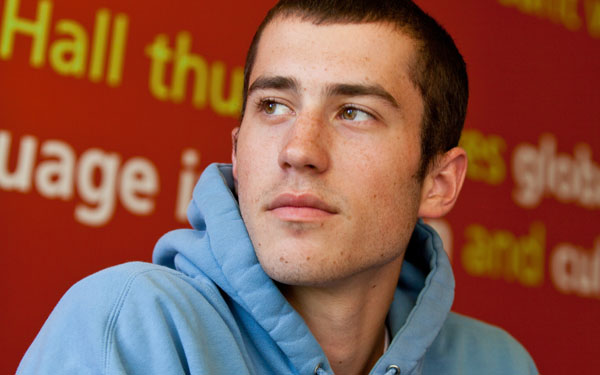
. This is not uncommon for IHON classes, many of which are discussion-based, as (vs. lecture-based), to encourage dialogue. It allows students like Schroeder to really get a chance to dig deep into the subject matter and explore it – from all sides. “IHON challenges the way I interact in my academic environment, my social environment,” Schroeder said. “IHON challenges me to think in a different manner, and that affects everything else I do.” There’s another benefit. That same lively discussion means
Do you have any feedback for us? If so, feel free to use our Feedback Form.


